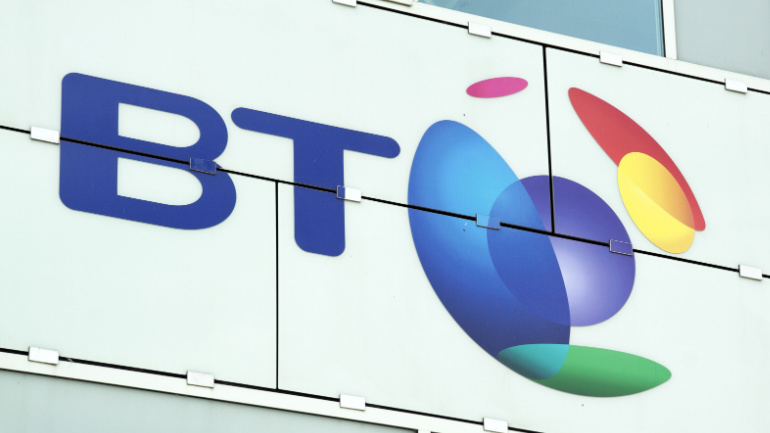Wildanet, a Cornwall-based fibre network builder, marks a milestone in corporate sustainability by becoming the UK’s first altnet to earn B-Corp Certification. This accolade spotlights the broader ramifications for the telecom industry as it grapples with its own global responsibility measures. While celebrating the achievement, it ignites the debate over whether the sector is doing enough to address burgeoning demands for a sustainable, equitable world.
Exploring fresh avenues in cybersecurity alliances, Ukraine and Romania envision bolstering digital frontline with an impactful pact. The focus pivots around supercharging cybersecurity, enabling 5G technology, and rehabilitating Ukraine’s connectivity infrastructures in light of recent cyber breaches. Spearheading distinctive initiatives, the collaboration plans to fortify national networks, establish a cloud-based public e-service platform and popularize 5G technology across Ukraine.
Navigating the shift from traditional to cloud-based communication systems amidst a growing hybrid work culture, HCS steps up to provide sustainable solutions. With a new division dedicated to this transition, the telecom giant anticipates significant returns and business expansion.
In a groundbreaking collaboration, T-Mobile US and SpaceX are gearing up for the field testing of Starlink satellites, heralding a significant stride in eliminating mobile coverage dead zones. While the exact date for the commencement of field testing remains undisclosed, T-Mobile is optimistic about its imminent initiation, stating that the low-Earth orbit deployment of satellites sets the stage for the forthcoming trials.
Unveiling a concerning revelation in the telecommunications network, inside sources disclose that a vast number of personnel are bypassing “whereabouts rules”, exposing client companies to potential cyber threats. Learn about the delicate balance between accountability and security as we explore the disquieting trend and potential remedies within this intricate reality.
Navigating the challenging mandates of the dynamic telecommunications world, UK’s premier telecom operator, BT, stumbles upon an obstacle. The company has failed to adhere to the deadline for the complete removal of Huawei equipment from its core network. The deadline, already deferred twice, raises doubts over the telecom titan’s ability to successfully transition away from Huawei’s infrastructure within the stipulated timeframe. A UK law dictates all network carriers to rid their systems of Huawei equipment by the end of 2027.
Investigating the annual telecom standings in the DACH region unveils significant enhancements. Deutsche Telekom leads in Germany, marked by its thirteenth victory in Mobile network systems, with an improvement in 15 points. Austria’s competition ended with Magenta taking the top spot, entering the global Top 5 Club. Swisscom claimed victory in Switzerland for the sixth time in a row.
With the advent of 5G and Wi-Fi 6, cellular connectivity offers an enticing alternative to Wi-Fi, especially in enterprise set ups. These advances, along with new approaches to spectrum policy, have spurred the expansion of private cellular networks (PCNs), giving companies more control over their connectivity. A deeper analysis reveals that despite its accessibility, Wi-Fi faces challenges like signal interference and limited coverage, where private 5G networks, underscored by robust security and higher capacity, outperform.
In response to reports detailing serious device failures during the transition from analogue to digital telephony, the UK’s Technology Secretary, Michelle Donellan, convened a meeting with telecom companies and regulator Ofcom. Following the discussions, phone providers, previously urged to pause any forceful transitions, have committed to a charter aimed at protecting vulnerable households, particularly those relying on personal alarms or telecare for remote support.
As Germany’s “Gigabit funding 2.0” program faces potential budget reductions, there’s concern it may throttle the rollout process with overcrowded construction capacity, causing a potential lag in projects. Meanwhile, the Federal Ministry for Digital Affairs declares a €3.6 billion allocation for the ourishing fibre-optic network industry.













